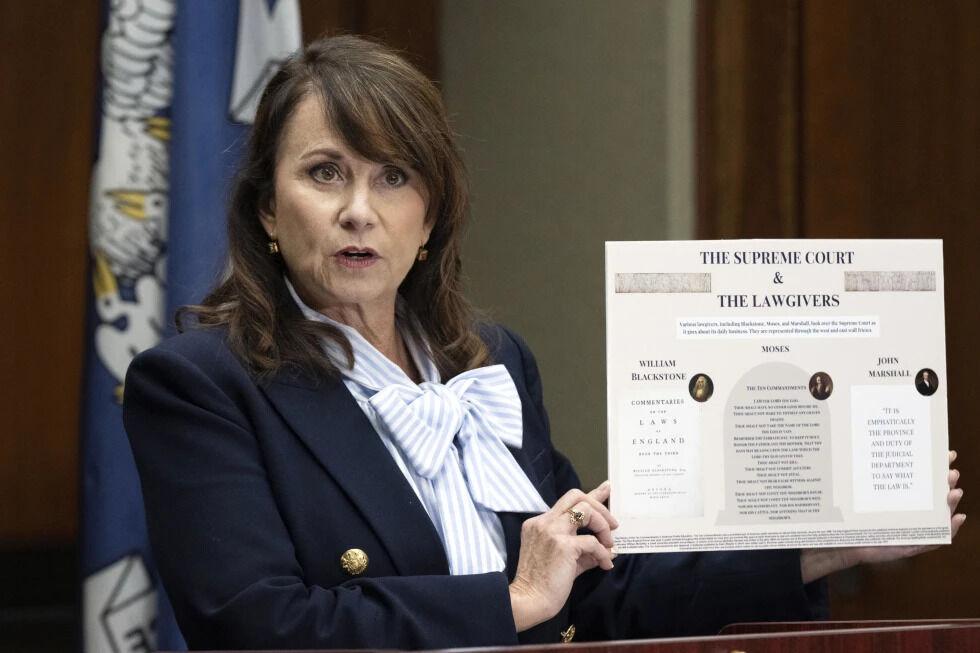The Academy of Counter Terrorist Education, a division of Continuing Education, recently received $11.5 million to continue and develop new training programs educating emergency personnel on responding to terrorist attacks.
“ACE is part of the National Domestic Preparedness Consortium, one of five members that the Office of Domestic Preparedness works with to provide training to state and local emergency responders,” said David Hess, public affairs specialist in the Office of Congressional and Public Affairs.
The program, which runs entirely on federal dollars, received $3.5 million shortly after Sept. 11. According to Hess, that funding was part of the Department of Justice’s budgeted appropriations for the 2002 fiscal year and was not a result of the terrorist attacks.
However, the recent award of $11.5 million is part of a defense bill President Bush signed on Jan. 10, Hess said.
Daniel Walsh, dean of Continuing Education, said ACE has trained emergency personnel for five years on responding to terrorist attacks involving weapons of mass destruction and biological incidents.
Walsh said the academy teaches courses in the home jurisdiction of the emergency personnel, and their staff consists of approximately 280 adjunct instructors, physicians, police officers, scientists and many other subject matter experts.
Sen. Mary Landrieu, chair of the Senate Emerging Threats and Capabilities Subcommittee and a member of the Senate Appropriations Committee, was instrumental in getting money to the respective programs.
“She is familiar with the program at LSU and has the utmost respect for all the work Dean Walsh is doing,” said Rich Masters, Landrieu’s press secretary.
Walsh said that ACE has trained emergency responders in metro and rural areas across the country, such as Los Angeles and San Francisco, and he hopes instructors will return to those large jurisdictions to expand and upgrade training programs.
“Our focus still remains training the first responders: law enforcement, emergency planners, emergency room physicians and nurses, public health officials and decision makers,” Walsh said.
Van Romero, vice president of research at New Mexico Institute of Mining and Technology, is the current chair of the National Domestic Preparedness Consortium. Romero is the director of New Mexico Tech’s counter-terrorist program, very similar to LSU’s ACE.
Romero said his main goal for the programs is to increase the number of emergency personnel who are trained to handle terrorist situations.
“The consortium has trained 80,000 people to date, but there are 11 million first responders out there in the United States,” he said.
Romero said after Sept. 11, members of Congress asked the NDPC what it would take to increase the number of emergency responders it could train.
“We’ve always tried to increase our funding,” Romero said. “After Sept. 11, our message started getting through.”
Walsh says additional funding will allow ACE to bring new projects and courses to the forefront very soon.
“We are always moving and changing, looking for new materials and ideas,” Walsh said.
ACE already works closely with other areas on campus, such as Veterinary Medicine and the Ag Center, but plans to expand and work with other units on campus.
Both Romero and Walsh say the funding will result in new or expanded programs in counter-terrorist education.
“I would like to continue the programs that we’re doing, but we would also like to develop an Internet-based training program so that more people can have access to these programs,” Romero said.
Landrieu has called ACE a model for the rest of the country, and believes it is a key ingredient in fighting terrorism.
“Clearly this is one of Sen. Landrieu’s top priorities,” Masters said.
Academy obtains counter-terrorist program funds
By Kayla Gagnet
January 25, 2002
More to Discover







